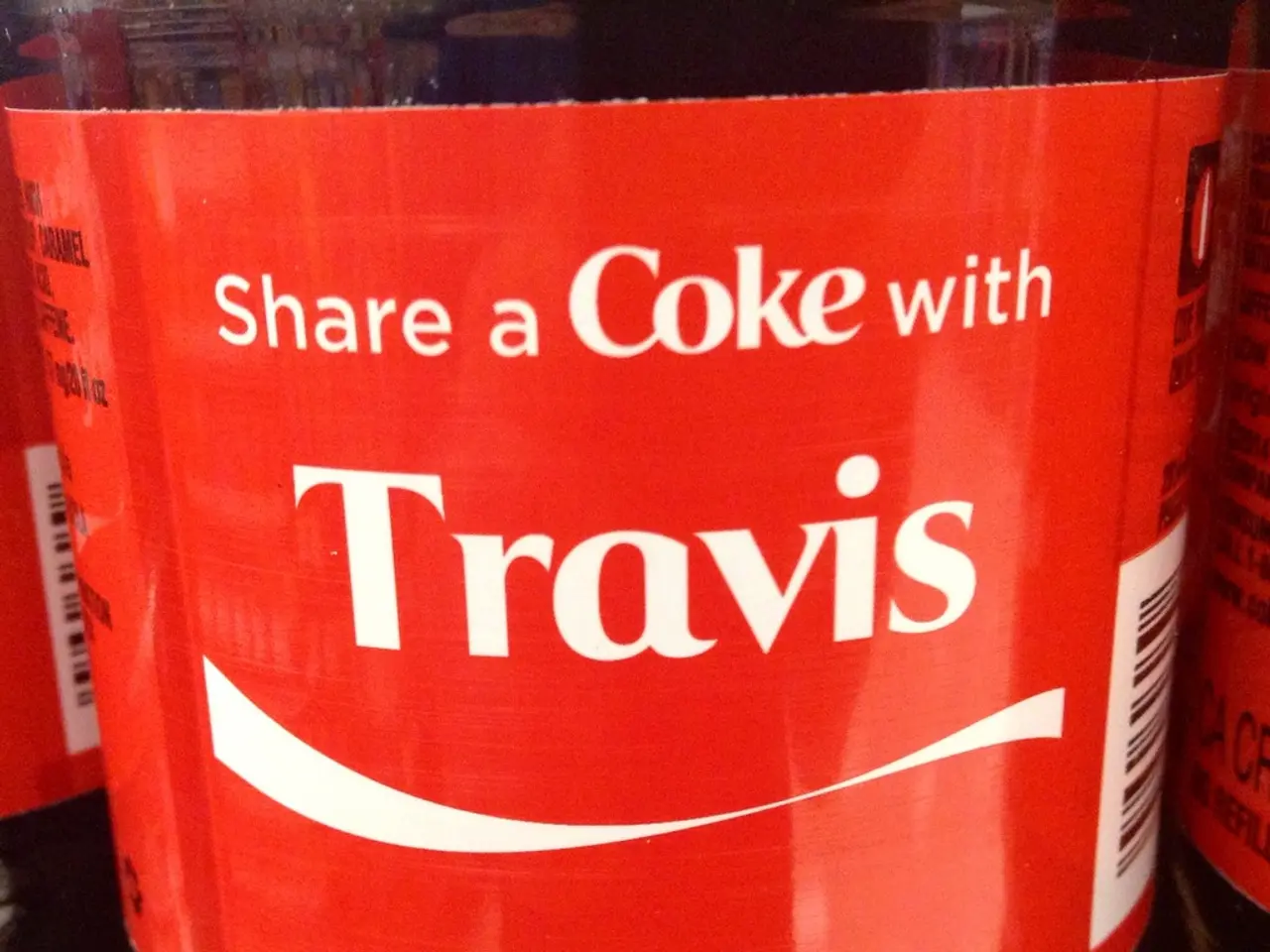Abstaining from alcohol is on the rise among young entrepreneurs in Silicon Valley - here's why they're choosing sobriety.
Health-Conscious Startup Culture in Silicon Valley Reduces Alcohol Consumption
A new trend is emerging in Silicon Valley, where the health-conscious lifestyle and demanding work ethic of young entrepreneurs are leading to a significant reduction in alcohol consumption.
According to recent reports, 62% of people under the age of 35 in the region currently drink, marking a 10% decrease over the past two decades [1]. This trend is further exacerbated by the hard-working startup culture and the influence of health gurus like Bryan Johnson and Andrew Huberman [2].
Many young founders report either sobriety or very limited drinking, prioritizing sustained focus and long work hours. Kieran White, co-founder of Curo, has been sober since he was young and compared the activity of a founder to that of a professional athlete [5].
Health and wellness priorities are a key factor in this trend. Younger generations, including tech entrepreneurs, are increasingly aware of alcohol’s negative health impacts, motivating reduced drinking or sobriety [1][3].
Entrepreneurs frequently describe "locking in" to their work during critical periods, foregoing social drinking to maintain productivity and output [1]. Within accelerators like Y Combinator, a sober or nearly sober atmosphere has become common, creating a cultural environment where drinking is less frequent or even seen as a distraction [1].
Peer norms in startup culture also play a significant role. Miranda Nover, co-founder, stated that these entrepreneurs are trying to signal their dedication to work by abstaining from social interactions, alcohol, and partying [4].
The broader societal shifts among Generation Z consumers, influenced by health consciousness, economic factors, and communities built around sobriety on social media, likely reinforce similar attitudes among young entrepreneurs [3].
Jasper Carmichael-Jack, CEO of Artisan, abstains from drinking altogether when he's in the Valley [6]. Gorilla also mentioned the increased focus on health among the founders, with many showing off health-related devices like Oura rings [2].
Even during social gatherings, the trend continues. At a dinner with other mid-20s tech founders, most only had one drink [1]. Chloe Samaha, co-founder of Bond, notices many attendees at house parties with LaCroix sparkling water instead of alcohol [2].
The decline in alcohol consumption is not limited to Silicon Valley. Americans' per capita alcohol consumption is predicted to decrease by 1% by 2025 compared to the previous year, marking the fourth consecutive year of decline [1]. Alcohol consumption is also decreasing in Germany, with per capita consumption of pure alcohol at 10.2 liters in 2023, the lowest level in over a decade [7].
Cyril Gorilla, co-founder of CTGT, described alcohol as a "poison" and stated that an 80 to 90-hour workweek would be compromised by alcohol consumption [2]. Skurikhin, co-founder of Docket, mentioned that some founders in his YC cohort dedicated their time solely to sleeping and working during the batch [1].
In summary, the intersection of a health-conscious lifestyle and a rigorous work ethic cultivates a startup culture in Silicon Valley where alcohol consumption is typically minimal or strategically limited to sustain high performance and mental clarity [1][3][5].
- Whatabout the role of a healthy-diet in maintaining focus and productivity among Silicon Valley entrepreneurs? With an increased awareness of alcohol's negative health impacts, could following a balanced nutrition plan also contribute to their sustained focus and long work hours?
- Considering the influence of science and education on lifestyle choices, how does the integration of fitness-and-exercise and mindfulness practices in the health-conscious startups culture contribute to personal-growth and goal-setting among tech entrepreneurs?
- Observing the reduction in alcohol consumption in Silicon Valley, can we expect a broader trend in the adoption of science-based healthy-diets and wellness practices among young entrepreneurs in other industries and regions?
- As health consciousness becomes a driving force in startup culture, how might self-development and self-improvement through education-and-self-development resources like books, workshops, and apps affect the work ethic and decision-making processes of tech entrepreneurs?
- In the context of the growing emphasis on wellness in the startup world, will we see a significant increase in the usage of tools that promote a healthy-lifestyle among entrepreneurs, such as fitness trackers, mindfulness apps, and nutrition guidance platforms, and how might these technologies impact their performance and success in building businesses?




